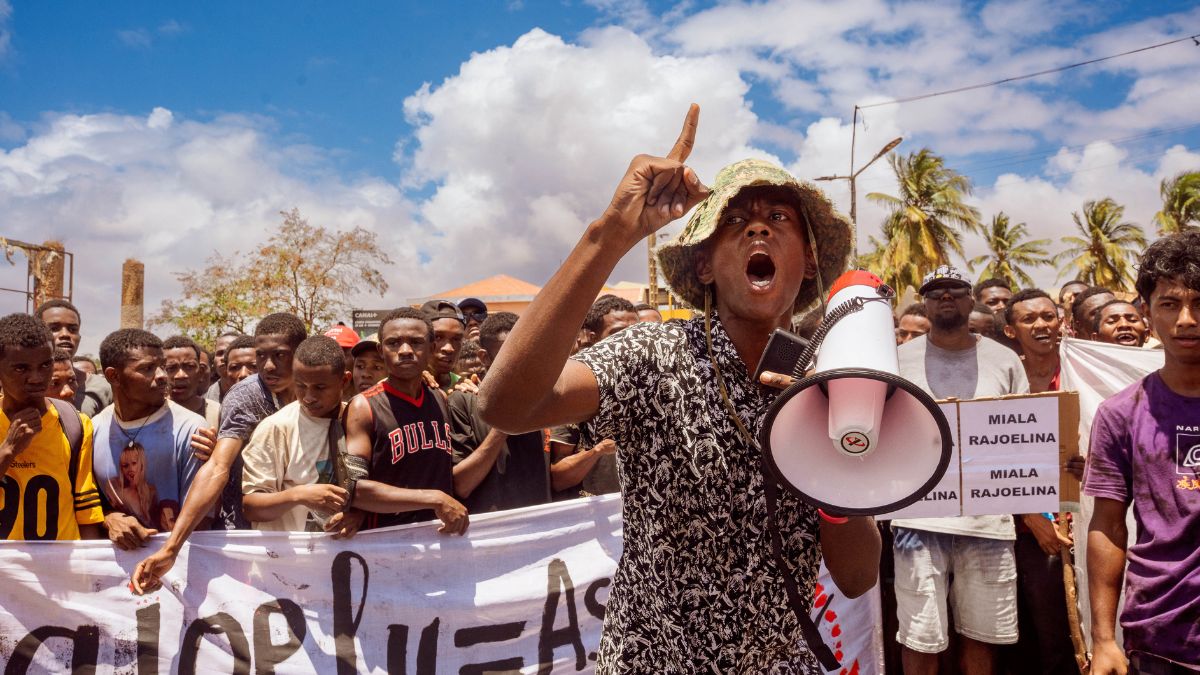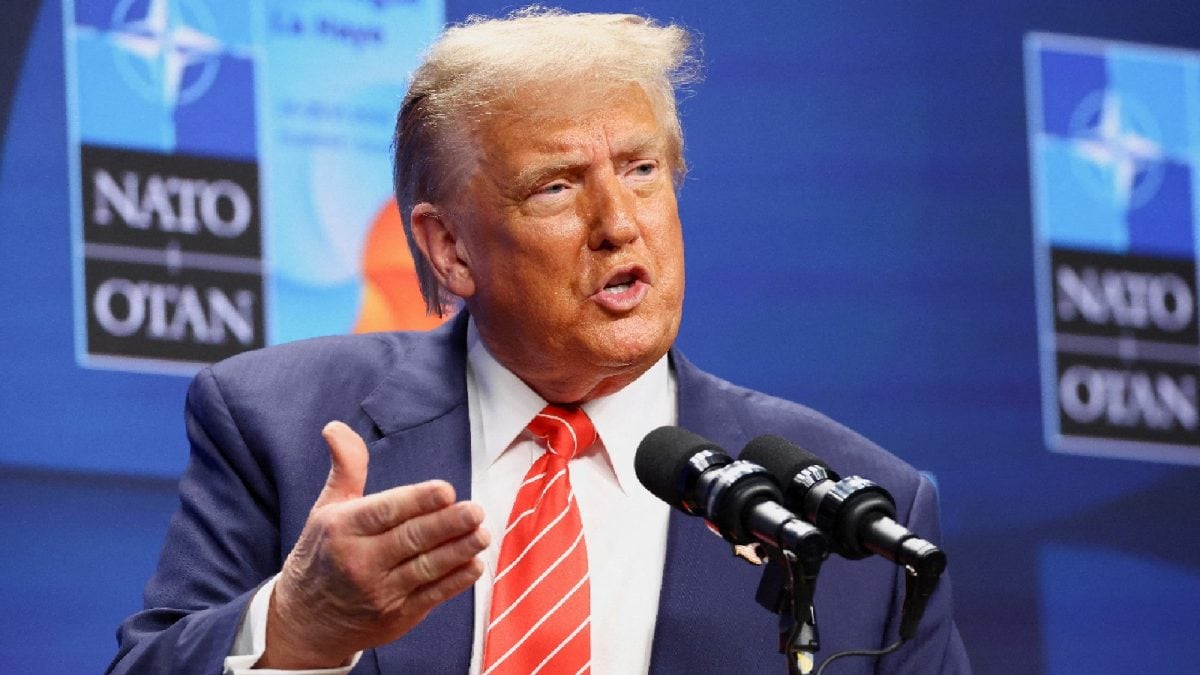Gen-Z-led protests grip Madagascar after the government’s fall, exposing deep poverty, corruption and echoing global youth movements for change. Read here
Riot police locked down Madagascar’s capital Antananarivo on Friday as demonstrators prepared to resume anti-government protests, despite President Andry Rajoelina sacking his cabinet earlier this week in an attempt to defuse unrest.
The protests, which began on September 25, have since spread beyond the capital to regions including Sambava, the world’s vanilla hub, highlighting the scale of anger at years of economic stagnation, corruption and the government’s failure to deliver basic services such as electricity and clean water.
Security clampdown in Antananarivo
The city centre was placed under heavy surveillance, with security forces blocking access to Independence Avenue, the main protest site. Authorities imposed a 24-hour “strategic” pause earlier in the week, but multiple protest groups called for fresh gatherings at 11:00 a.m. local time (0800 GMT).
The government appeared determined to prevent mass mobilisation. Just three kilometres away from the cordoned-off zone, daily life went on, with schoolchildren walking to class and vendors setting up stalls, a stark contrast to the tense atmosphere in the city centre.
The security build-up follows a week of escalating violence that, according to the UN, has left at least 22 people dead and hundreds injured. The government has rejected these figures, dismissing them as “rumours.”
Gen-Z at the forefront
The protests have been spearheaded by a youth-led “Gen-Z” movement, which on Thursday named official spokespeople and outlined its demands. Activists say they are fighting for accountability and the restoration of democratic norms in a country where nearly three-quarters of the 32 million population live below the poverty line.
The Gen-Z activists argue that their frustration stems from broken promises and worsening living conditions. “We want electricity, water, dignity, not empty slogans,” one young organiser said on local television.
The movement has found support among trade unions, including workers from the national water and electricity company, who have declared a general strike. The opposition, usually divided has also united behind the protests, giving them greater political weight.
Gen-Z protests worldwide
The prominence of Madagascar’s Gen-Z movement echoes a broader global pattern of youth-led protests in recent years. From Chile’s student-driven demonstrations to Nigeria’s #EndSARS movement and climate strikes across Europe, younger generations are increasingly challenging political elites they view as corrupt, authoritarian or unresponsive.
According to a Statista analysis shared on X, Gen-Z has shown higher rates of political engagement through protests than any generation before. In Madagascar, this generational defiance represents both a challenge to entrenched elites and a signal of shifting political culture.
Government response and dialogue attempts
President Rajoelina, who first came to power in 2009 through a coup, has sought to project calm. In a Facebook post Friday, he said he met religious leaders “to pray for the nation,” alongside diplomats and officials from the IMF and the UN. He also launched consultations to appoint a new prime minister after dissolving his government.
But the move has done little to ease tensions. For many demonstrators, the crisis goes beyond a change of cabinet. They see it as a reckoning with years of political stagnation and elite dominance.
Rajoelina, re-elected in 2023 in polls boycotted by the opposition, has long faced questions over legitimacy. Corruption is rife, with Transparency International ranking Madagascar 140th of 180 countries in its corruption perception index.
A fragile democracy under strain
The unrest highlights the fragility of Madagascar’s political system since independence from France in 1960. Despite natural resource wealth, the country remains one of the poorest globally, with recurring crises eroding public trust.
As protesters vow to return to the streets, the standoff underscores a broader question: whether Madagascar’s leaders can reconcile with a generation unwilling to tolerate “business as usual” politics.
For now, the country teeters between promises of dialogue and the reality of armoured police vehicles in its capital.
End of Article

)

)